SPRING GREEN, WI – July 2025
American Players Theatre’s new world premiere, The Death of Chuck Brown, isn’t just a play — it’s a living, breathing elegy for a city and a culture in transition. Written and directed by Gavin Lawrence, the play runs through September 25 at APT’s Touchstone Theatre, examining themes of gentrification, identity, generational tension, and the deep cultural legacy of Black D.C.
A Story Rooted in Place and Memory
At the heart of the play is Smitty, a character based on a real man Lawrence knew growing up in Washington, D.C. Known affectionately as the “lilac man,” Smitty was a quiet yet powerful presence — a streetwise philosopher and neighborhood historian who trimmed flowers from upscale homes and sold them to shops. Occasionally, he’d even resell lilacs to the same households he’d clipped them from.
Played with soulful gravitas by Cedric G. Young, Smitty serves as the play’s griot — the memory keeper of a disappearing community.
“To ignore that voice is to be, from my perspective, a bit inauthentic if you’re going to write about the Black community, Black life, Black history,” Lawrence said. “The things that have given us an opportunity to stay — those things come from our elders.”
Mourning More Than Just Chuck Brown
Set on a spring day in 2012, the play opens with the death of Chuck Brown, the “godfather of go-go.” The legendary musician’s passing is more than just a headline — it’s a signifier of shifting cultural tides. In the barbershop owned by Kofi (David Alan Anderson), longtime friends gather to toast Chuck with Cutty Sark in a Bob Marley mug and say “Obama” instead of “cheers.”
For Sweep (Nathan Barlow), Kofi’s childhood friend, Chuck’s death feels like a tipping point:
“Chuck gone, radio gone, music gone, go-go gone.”
They watch their neighborhood change, with yogurt shops and artisanal coffee cafes replacing corner stores, while police sirens wail in the background.
“It’s only progress if we’re a part of it,” Smitty remarks quietly.
Barbershop as Battleground
As the neighborhood shifts, so does the role of Kofi’s barbershop — once a community hub, now on the verge of extinction. Sparkle (Shariba Rivers), a real estate agent and Kofi’s love interest, warns him plainly:
“You hang on or you leave, but either way it’s happening.”
When Ricky (Josh Krause), a white history teacher who studied at Howard University, wanders in for a cut, tensions simmer. But instead of confrontation, Lawrence offers nuance: Ricky’s character, inspired by a real person, navigates the space with familiarity and respect, surprising even the skeptical Sweep.
“Those folks are real,” Lawrence said. “They don’t have to perform Blackness — they just grew up in it.”
A Father’s Love and a Son’s Struggle
Lawrence weaves in powerful generational dynamics through Kofi’s relationship with his son Prince (Jonathan Gardner). Prince, a scholarship student at an elite Quaker school, is increasingly politically active — much to Kofi’s worry.
“You’re throwing your future away,” Kofi yells.
“They’re trying to whitewash D.C.,” Prince fires back.
Their relationship, strained yet loving, mirrors the broader tension between tradition and change. Sweep, often the bridge between the two, repeatedly reminds them:
“The love between a father and a son — to know it is to show it.”
Visions, Ghosts, and a Community on Edge
Hovering throughout the production is a ghostly figure — the spirit of Chuck Brown, portrayed by La Shawn Banks in a mystical performance. Dressed in leather and shades, Chuck becomes a symbol of cultural memory and pride, guiding characters through their reckoning with loss and legacy.
Victor Musoni’s choreography and André Pluess’ music design contribute to the play’s rhythm, as does Haydee Zelideth’s evocative costuming and Michael A. Peterson’s lighting, which moves fluidly between the real and the surreal.
A Shocking Turn, A Painful Truth
In its final act, The Death of Chuck Brown takes a powerful turn, confronting the audience with graphic gunshot recordings and scenes of police violence. Lawrence debated including a content warning but ultimately agreed, recognizing the need for balance between storytelling and sensitivity.
“I don’t want to traumatize people, but I also want it to be a surprise,” Lawrence said. “We should be able to just tell a story. But given the world that we live in, I understand the concern.”
Audience reactions have varied — some stunned into silence, others emotionally overwhelmed.
“People were screaming and yelling and clapping all through the play,” Lawrence said of early performances. “It was really loud and raucous.”
A Love Letter to D.C. and Beyond
Though The Death of Chuck Brown is deeply rooted in Washington, D.C., its themes resonate far beyond. Lawrence hopes to see the play performed in his hometown — but also believes it speaks to any community facing displacement, loss, and transformation.
“It’s for the people in D.C.,” Lawrence said. “And then, to a larger extent, everyone who’s dealing with the issues that this play deals with. I think that’s most of us.”
The Death of Chuck Brown
📅 Through September 25
📍 American Players Theatre, 5950 Golf Course Road, Spring Green, WI
🎟️ $76–$114
⏱️ Running time: 2 hours 25 minutes with one 20-minute intermission
🔗 Tickets & Info

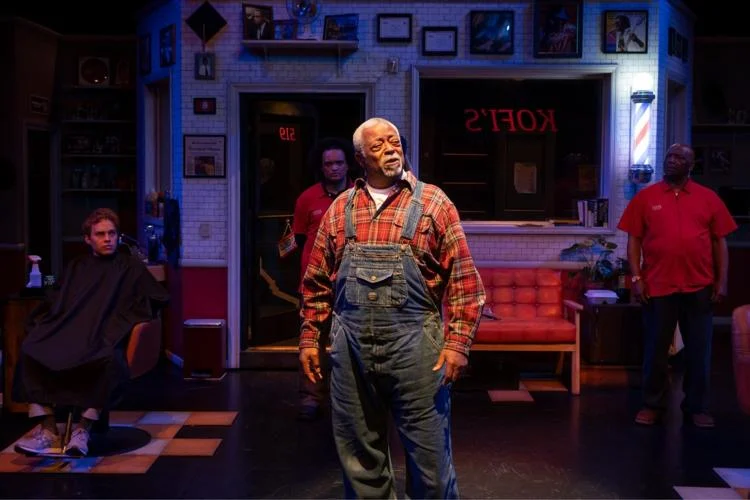
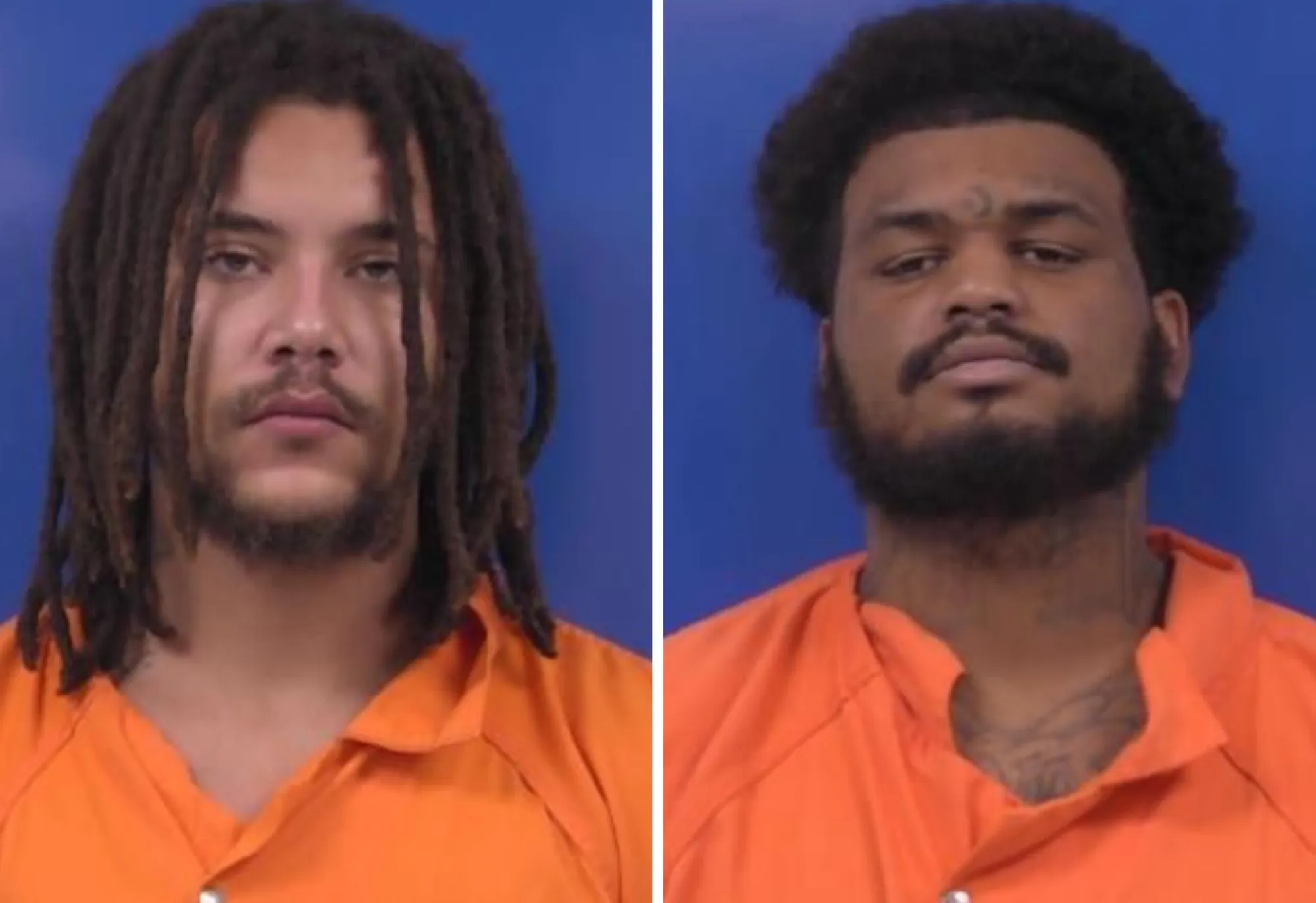
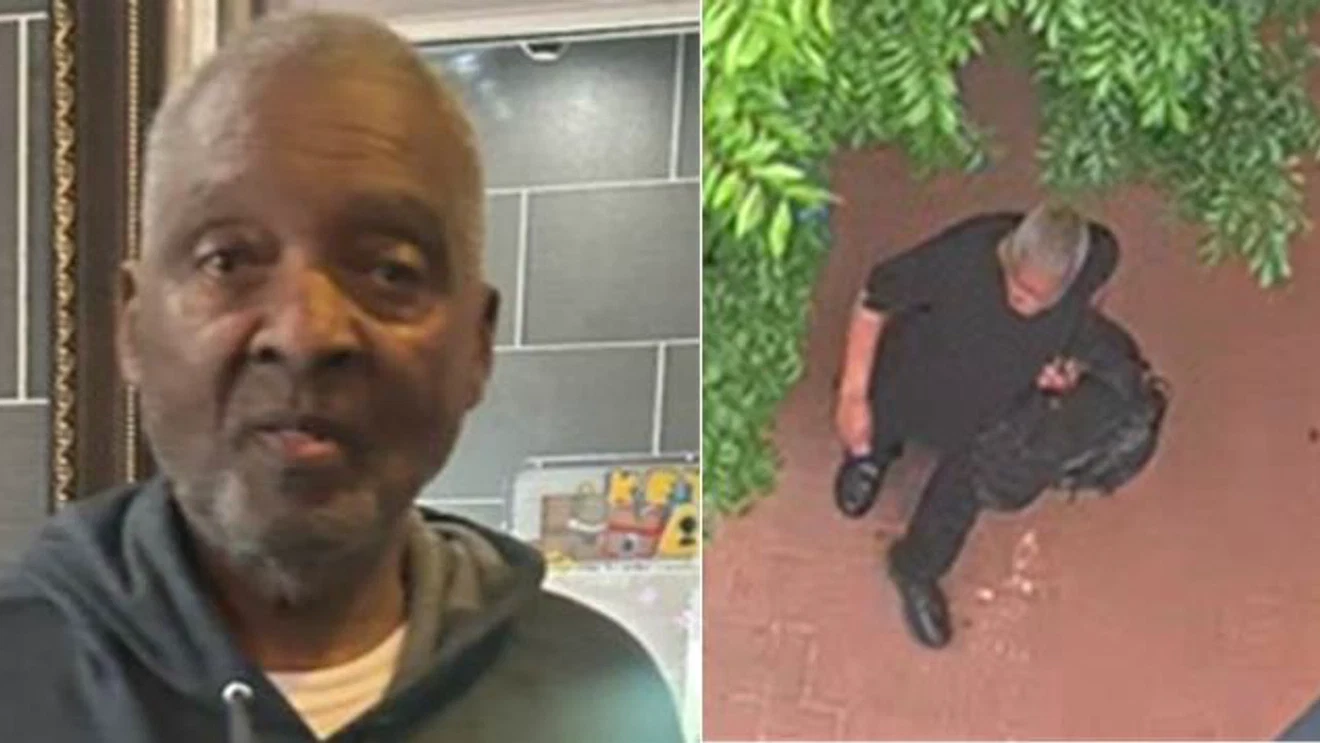
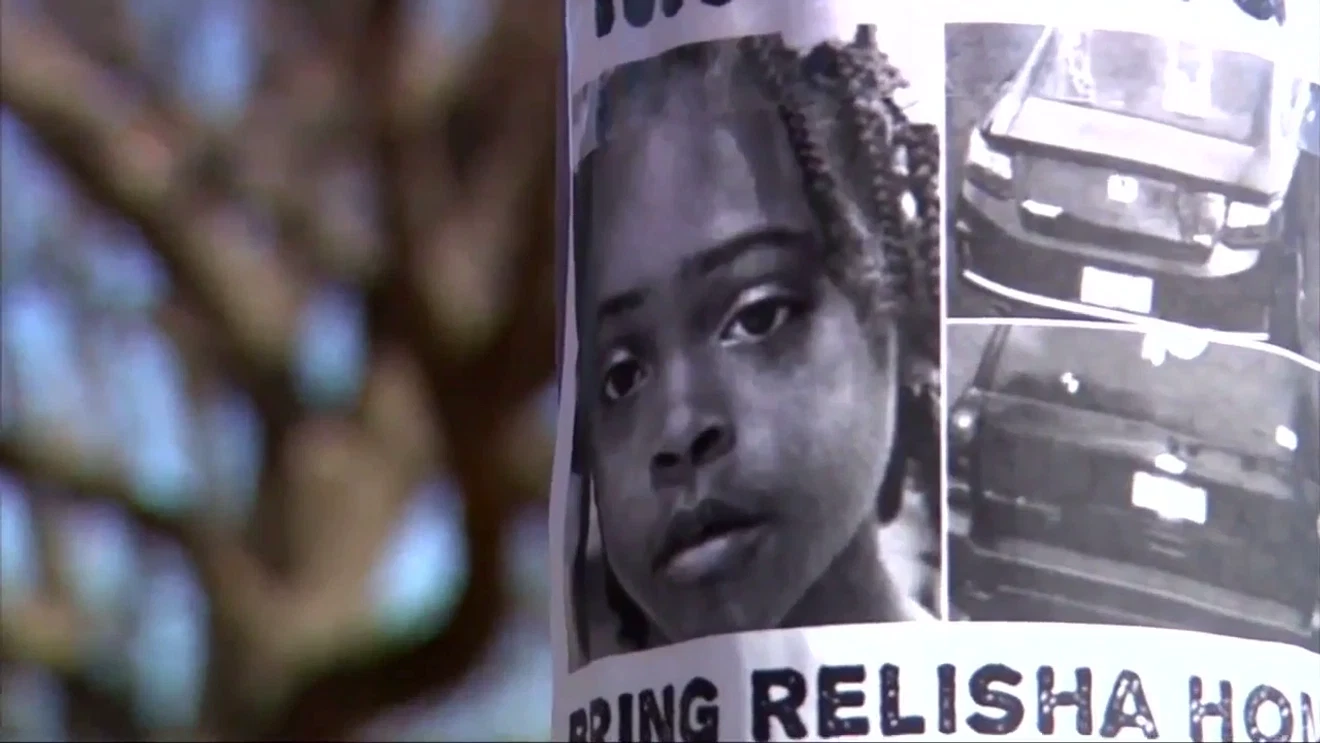
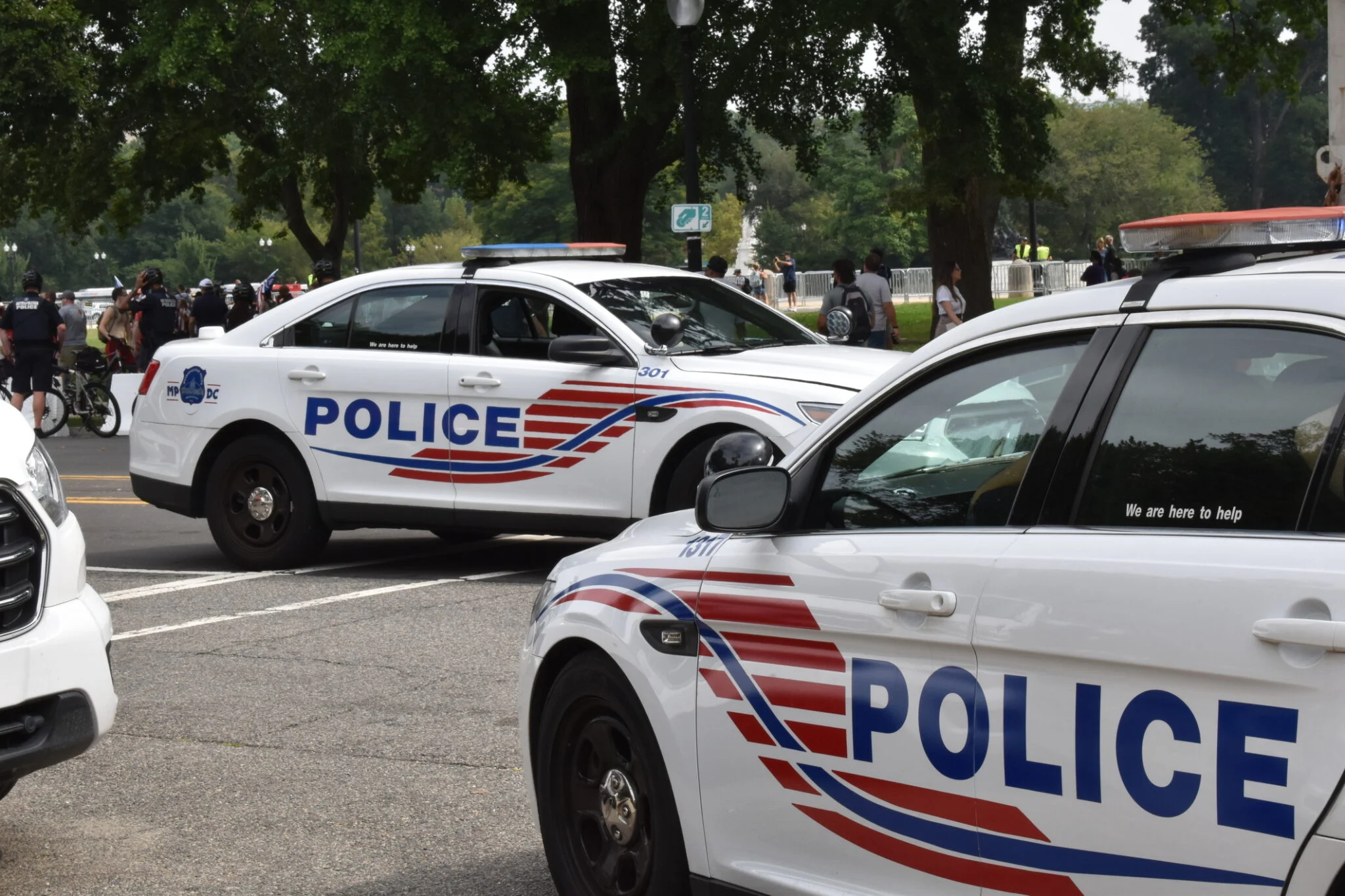

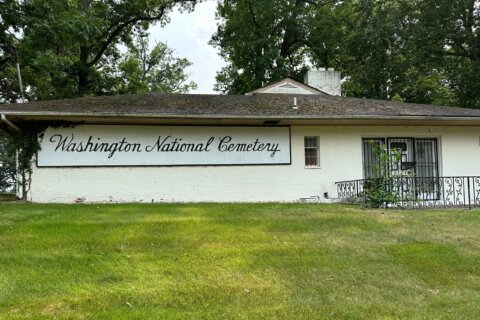



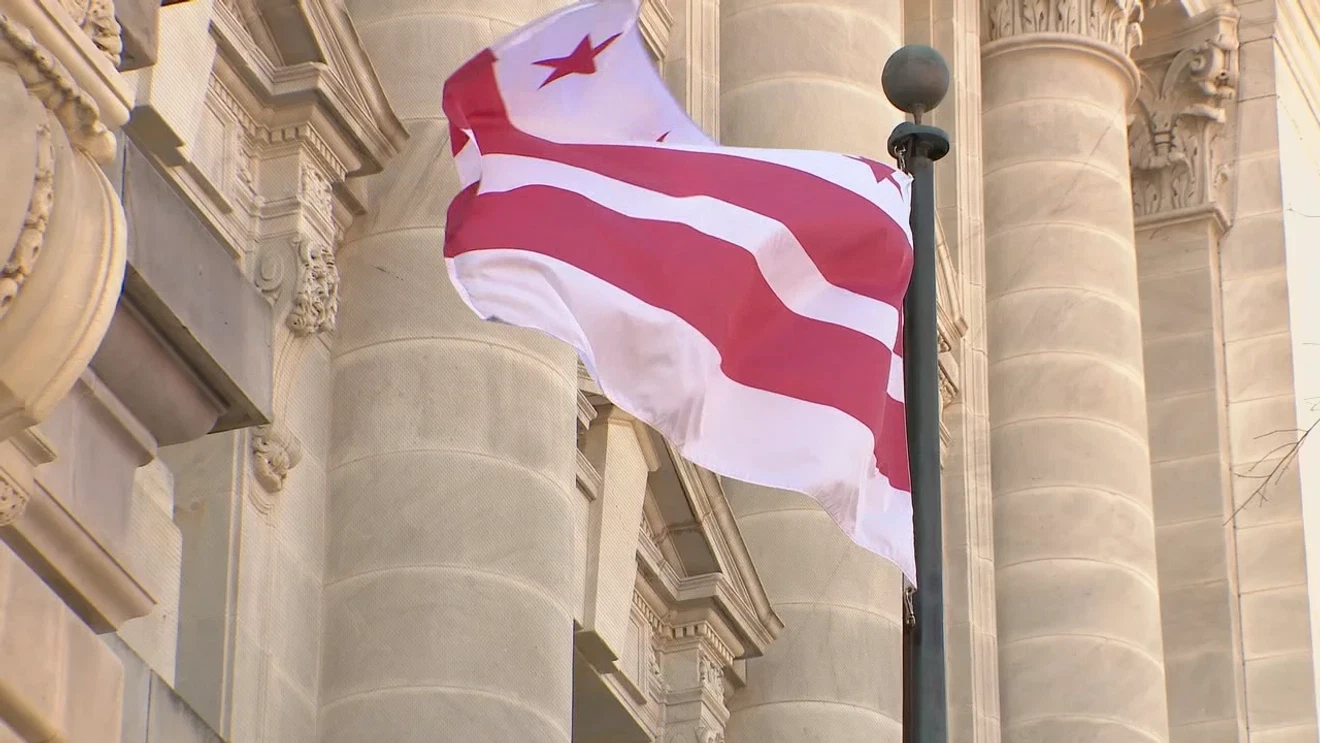
Leave a Reply